China still lacks the right ‘soil’ for modernisation (Part 1)
EAI senior research fellow Lance Gore looks at the factors in the West and China that encourage and stifle modernisation, and what China has to do to catch up.
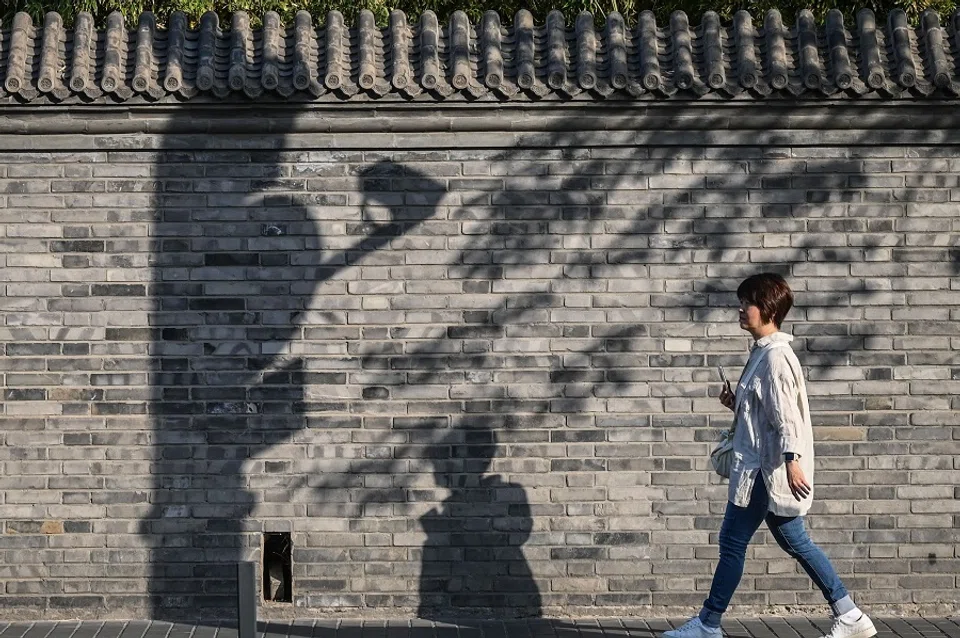
Of all the measures taken by the US to comprehensively contain China, the most threatening is decoupling in scientific research. Modern science and technology, the ultimate driving force of modernisation, was born from Western civilisation and remains closely linked to Western culture.
This raises the question of whether modern science and technology can be born from Chinese civilisation, which may wound the national pride of many people. Certainly, it is true that what science uncovers are objective laws, which apply equally regardless of civilisation and culture. But then what was it that overcame all kinds of ignorance, superstitions, prejudices, taboos, hindrances posed by values, and so on? It was the power nurtured by Western civilisation that penetrated the darkness of the Middle Ages and made all-round breakthroughs to create modern science and industrial civilisation.
The inadequacies of Chinese civilisation
Chinese civilisation was at the forefront of the world for a long time. As some patriots said: “We were already wearing silk when they were still dwelling in caves.” But Chinese civilisation was unable to make systematic breakthroughs and produce modern science and technology.
In 1793, when George Macartney, the special envoy of the King of Britain, showed the Qianlong Emperor an array of items he had brought — being some of the latest and most sophisticated products of Western industrial civilisation at the time — they were dismissed by the emperor as embodiments of “outlandish techniques and excessive ingenuity”.
According to the Chinese ruler, the great Celestial empire was replete with myriad wonders and did not have the slightest need for such “knick-knacks”. This historical event is a typical reflection that, in terms of values, Chinese civilisation does not encourage the growth of modern science and technology.
Due to various unfavourable factors of a similar kind, there are no conducive soil conditions, so to speak, in this civilisation for modern science and technology to germinate and thrive. The same is true for most other non-Western civilisations.
The advanced continue to be so
The leading countries of the 19th century are still leading the way today, with very few developing countries joining them. That is because there is a whole ecosystem in itself that drives the developed countries to keep breaking new ground and going forward. They benefit from the thrust generated by the interplay of many inconspicuous factors.
Countries not plugged into this system apparently tend to bungle here and there, struggle to deal with too many problems, constantly suffer from fracturing divides, fall into the middle-income trap, and even regress.
The later comers that have succeeded in joining the ranks of developed countries, such as Japan, South Korea and Singapore, are highly internationalised in key areas. They have assimilated the soft metrics and intangible conditions for modernisation, and successfully integrated into the advanced ecosystem of technology and innovation.
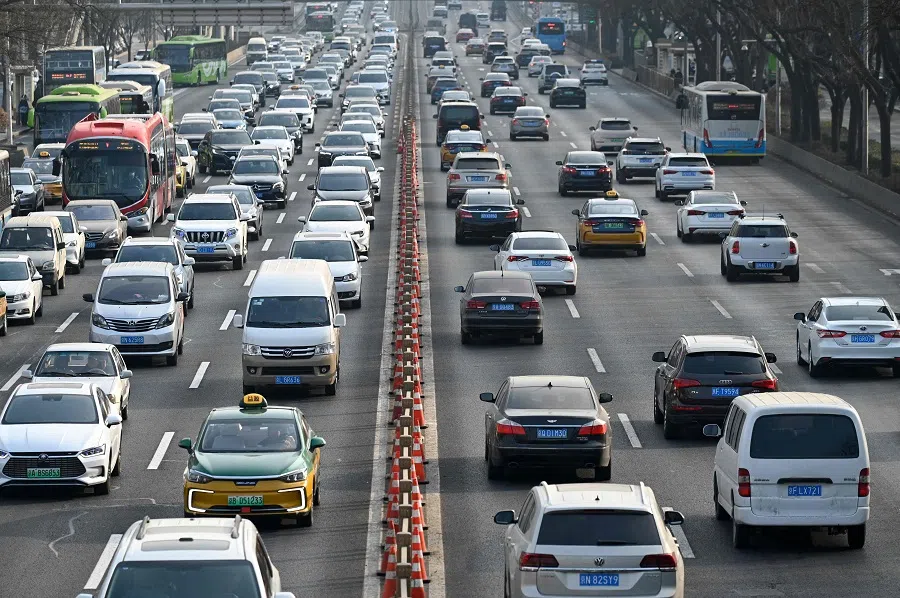
This begs the question: have the Chinese learnt enough of the key elements of Western civilisation for there to be the right “soil conditions” in China, conducive for the transplanted modern science and technology to take root, sprout and flourish?
Looking back, the idea of “wholesale Westernisation” put forth during the May Fourth period was not without cause, nor was it self-belittlement. The pioneers truly saw the crux of the problem.
Ironically, contemporary Chinese fail to see this point after China has gained glorious achievements in its own modernisation. They turn around and rebuke the earlier generations that did their part in the May Fourth Movement, accusing them of pandering to foreign countries and losing national self-respect.
While “wholesale Westernisation” is indeed neither acceptable nor practicable, the loss of the keen perceptiveness from the May Fourth period may lead to the “Celestial empire” falling behind the times again.
Breaking away from Chinese old ways
The truth is, when playing catch-up, the up-and-coming countries do not forge ahead independently, but are unwittingly navigating within the constraints of external ecosystems. The impressive numbers they sport belie a multitude of hidden deficiencies.
This does not seem to matter when these countries are on good terms with the West, because within the mature innovation ecosystem subtended by the West, innovations can simply be brought over and still function. However, once an up-and-comer is excluded and has no choice but to move forward on its own, it would realise how astonishingly dependent it is on the outside world and how many of the necessary conditions are either non-existent or immature on its side.
What can be done easily in Western societies and cultures would turn out to be difficult for itself, because some of the essential elements originally formed in Western culture are very difficult to replicate and promote in the domestic socio-cultural environment.
The late Lee Kuan Yew, the founding prime minister of Singapore, was a wellspring of wisdom highly respected by both leftist and rightist dignitaries from the East and West. When Western leaders visited Asia, they often made special trips to meet him and listen to his analyses and predictions on international affairs. Former British Prime Minister Margaret Thatcher even said, “He has never been wrong.”
On the subject of traditional Chinese culture, Lee Kuan Yew had this to say: “While Singapore shares with China many of the core philosophical tenets of Confucianism, we worked over the past 40 years to establish English as our first language, and Chinese as the second. Why? Certainly not by accident or without provoking strong opposition. We did so to open ourselves to the world and allow ourselves to engage and embrace the main forces of discovery and invention and creativity that occur not only in the language but also in the mentality of English.”
The thinking here is consistent with the logic of the May Fourth radicals. Even earlier in history, the Japanese had experienced an inferiority complex over their own civilisation, culture and even race. They eventually steeled their resolve and strove to “break away from Asia and join Europe” (that is, abandon the old ways of Asia and align with Europe) without looking back. Many contemporary Chinese scholars scoff at this and slap the label of “colonial mindset” on it. Yet, behind all these acts and choices lies the same objective logic.
In certain domains and for the short term, China has established groups and communities influenced by such an ethos, often comprising members who have received education or lived extensively in the West. They may even be more successful than their Western counterparts, since the members can also bring excellent strands of Chinese culture into the mix.
A case in point is the team of veterans who laboured on the “Two Bombs, One Satellite” programme. Having assimilated the red culture of the Chinese Communist Party, they worked with exceptional vigour and swiftness ennobled by a sacrificial spirit, dedication and so on.
These were qualities that had been cultivated in the struggle to “topple the Three Great Mountains” (imperialism, feudalism and bureaucratic capitalism). They represented patriotism with a certain spiritual distinctiveness. Unfortunately, instances of such collective ethos have a small reach and cannot be sustained, because they constantly get eroded by the broader social milieu around them.
Combining Western culture and Eastern heritage
China is not inferior — indeed it sometimes does better — when it comes to certain individual indicators, such as the number of science and technology papers published, or the number of patents filed. However, these achievements are only partial and short-term, not representative of the overall situation.
Without a complete, splendid ecosystem for the academic work of scientific research, such achievements are ultimately unsustainable. Once China falls behind again, the backwardness would be across-the-board and intrinsic in nature.
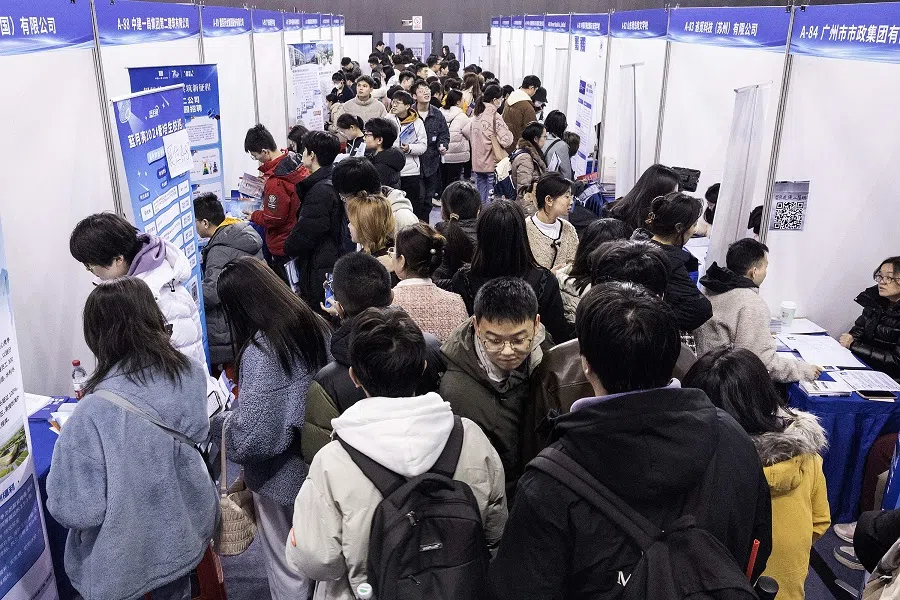
Moreover, they come about not through a natural process, but as a result of being driven by the “whole-nation system” at full force, and as such they lack prolonged momentum. They can easily give the false impression that victory is at hand or that China has already surpassed the US.
Without a complete, splendid ecosystem for the academic work of scientific research, such achievements are ultimately unsustainable. Once China falls behind again, the backwardness would be across-the-board and intrinsic in nature.
Therefore, in learning from the West, especially in replicating the key factors that have made modern civilisation possible, China must do it well — only then can it bring to bear a long-term, lasting and comprehensive advantage.
Given China’s size and level of development, there is absolutely no need to worry about wholesale Westernisation, as that is impossible to achieve even if it is the desired goal. On the flip side, if nationalism and populism are strengthened in the present phase, the dregs of traditional culture will surely be mixed in and thus set the stage for China’s backwardness (yet again) in the future.
In contrast, Japan has already done quite well in combining the essence of Western culture with the better heritage of its own culture. The country is in the top tier of the world in terms of economic, scientific and technological development, but at the same time, it is also far superior to Western countries in terms of social governance.
Many Japanese now advocate for a “return to Asia”, expressing a newfound pride in East Asia. Yet we can be certain that Japan will not revisit its old dreams or go back to the old ways, because its people are already profoundly steeped in modern science, technology and culture.
There are at least two other “Great Mountains” restricting Chinese creativity in the present age. One of them is the government-maintained ideology, which is almost completely out of touch with the needs of reality; the other is the overpowering dominance of the “Great Leader” informed by personality cult...
Obstacles in sight
It is an indisputable fact that traditional Chinese culture, marked by such features as “adhering to propriety through self-restraint”, the Three Cardinal Guides and Five Constant Values, as well as strict hierarchies, suppresses new thinking and technologies that deviate from established norms.
There are at least two other “Great Mountains” restricting Chinese creativity in the present age. One of them is the government-maintained ideology, which is almost completely out of touch with the needs of reality; the other is the overpowering dominance of the “great leader” informed by personality cult, along with the eunuch-style, degenerate academia subculture that has grown out of it.
The outmoded ideology, rigid educational system, and resulting pressures for political correctness foster an academic environment characterised more by stifled voices than by a flourishing diversity of ideas. Any utterance from the “Great Leader” can potentially mark off a new forbidden topic or trigger an enthusiastic wave of laudation lacking in moral integrity.
Within just a few years, China’s national system of higher education has established over 1,440 Schools of Marxism, plus thousands of Party schools...
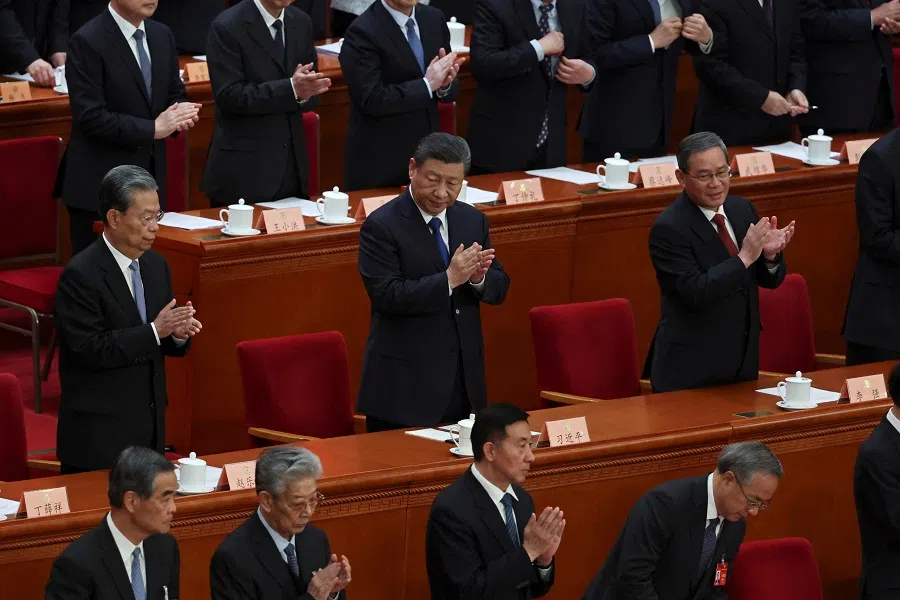
If Lu Xun, Qian Xuesen, Hu Shi, Shen Congwen, Li Siguang, Albert Einstein, Isaac Newton, John von Neumann, Richard Feynman, Li Bai, Du Fu and others had to attend Ideology and Politics classes in their youth, memorise the “supreme directives”, and strictly adhere to political correctness, would they still have become masters in their respective fields?
Moving in the opposite direction?
Within just a few years, China’s national system of higher education has established over 1,440 Schools of Marxism, plus thousands of Party schools (as well as Institutes of Marxism-Leninism and Mao Zedong Thought within the Academies of Social Sciences in different parts of the country).
While there is no lack of fine scholars and enlightened gentlemen in these institutions, ideology is precisely the most dangerous off-limits subject for innovators, where everyone has no choice but to play the same tune. Imagine how many potential masters there are in China, who are being nipped in the bud before they have even completed their education!
These vast organisations and the enormous vested interest groups that have made them their strongholds will affect generations – even a dozen or so generations - of young people from here on. They will not solve any problem for society, but will only be good at causing divisions and making disruptive noises.
The English-language academic journal of which I serve as the editor receives countless submissions from mainland China, yet very few of them show creativity. Written with the same wording, style and structure, these are just products of vacuous Partyspeak. In other words, the methodology of thought has been rigidified by political learning and the uniform stance of official propaganda.
The famous “Qian Xuesen’s question” (“Why do our schools fail to produce talents for innovations in science and technology?”) is really not so much the mere expression of a master’s suspicions as a forceful demand for answers and change.
More work to be done
There are other parts of China’s “soil” that need to be changed for the better, including official-centrism, seniority-based prioritisation, complex interpersonal relationships, as well as academic fraud and plagiarism, which is guided by the belief that “all the writings in the world involve copying, all that matters is your competence in copying”, as a common saying goes.
All these underlying values and behaviours, which historically led to the stagnation of technology, continue to constrain China’s creativity today and could potentially lead China to fall behind once again.
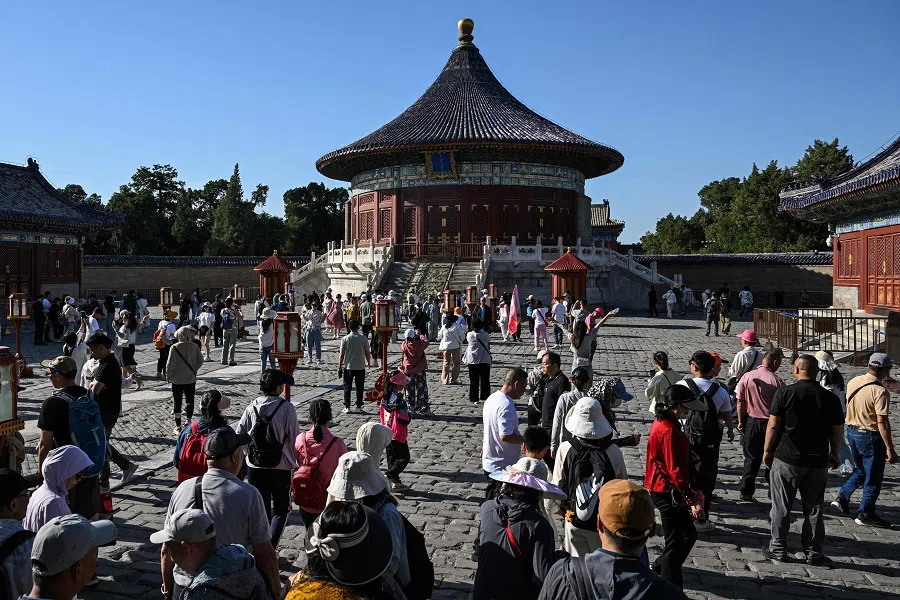
In particular, official-centrism is the most harmful. As a case in point, Chinese universities are very different from those in Europe and the US, mainly in terms of ideology and power structure.
Many American professors are reluctant to serve as a head of department, because the job is not only difficult and unappreciated, but it also puts a drag on their academic research. It is thus a common practice for schools to rotate department chairs. In China, on the other hand, the status and power of the department chair are so superior that everyone jostles hard for the position.
Thanks to the official-centric social culture, all talk of abolishing administrative ranks in schools and enterprises remains just talk. In fact, there is not even any talk any more.
Based on his understanding of traditional Chinese culture, Lee Kuan Yew once made the following assertion: “Present day China faces a very advanced North America, Europe, Japan and a fairly developed Southeast Asia and India. [ … ] [The generation that takes over in China in, say, 30 years] would also know that although by 2050 China will be the biggest economy in GNP terms per capita, they are still small, and technologically they are still way behind. So to get there, they must have a sense of realism … “ One must recognise one’s own weaknesses, and not be misled by pride or ambition and get puffed up prematurely.
Piling on the money is not going to change the ecology of academic education, but will only serve to overlay official-centrism with money-centrism. Only freedom of thought, access to information, equality in the pursuit of truth, unrestricted dialogue, enabling people to speak the truth without fear, and respect for knowledge rather than power — only these will make fertile ground for innovation.
This article was first published in Lianhe Zaobao as “中国仍缺乏现代化土壤(上)”.





